Latest Tutorials
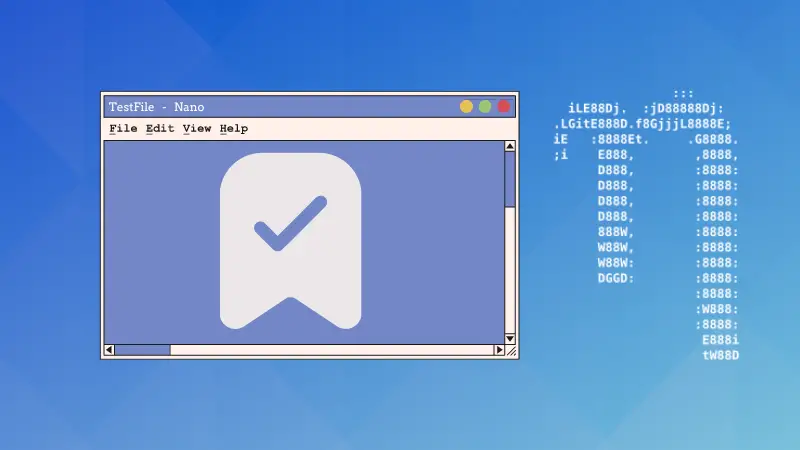
Save and Exit Files in Nano
New to Linux and Nano and don't know how to save or exit the editor? Here's what you need to know.
· Abhishek Prakash
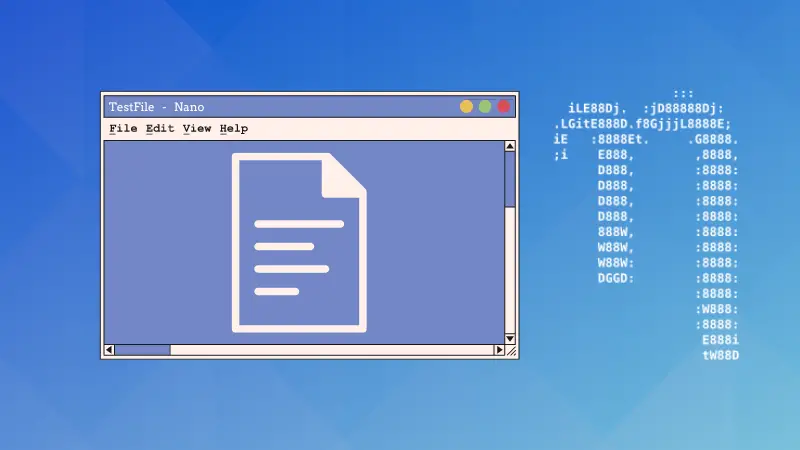
Open a File for Editing in Nano
In the first chapter of the Nano series, learn to open existing or new files with Nano editor.
· Abhishek Prakash
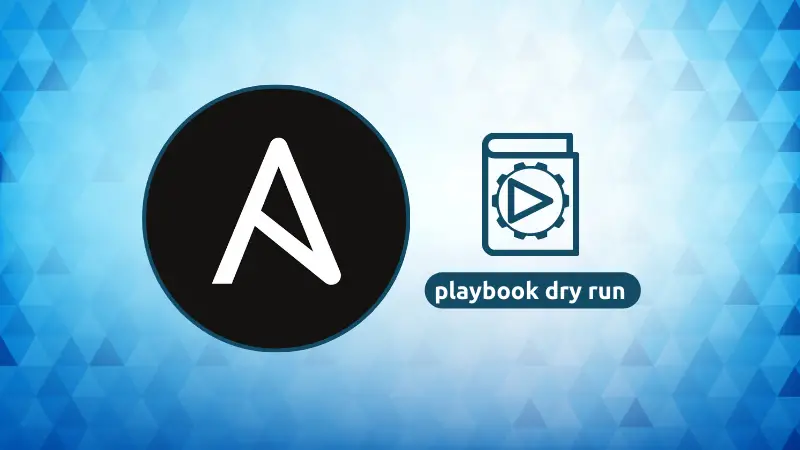
Ansible Dry Run: Running Playbook in Check Mode
Not sure of things with your playbook? Here's how you can test your Ansible playbook by using the dry run feature.
· LHB Community

Ansible Shell Module: Execute Shell Commands on Target Systems
Shell module in Ansible is a powerful tool for executing shell commands on remote hosts, but it comes with maintenance risks.
· LHB Community

View Linux System Resource Usage History
Keep a track of your Linux server's system resource usage with these tools.
· Abhishek Prakash

Ansible Ping Module: Check if Host is Reachable
Quickly test if a node is available with Ansible ping command.
· LHB Community

Ansible Service Module: Manage Services
The service module in Ansible comes in handy for managing services across a variety of platforms.
· LHB Community
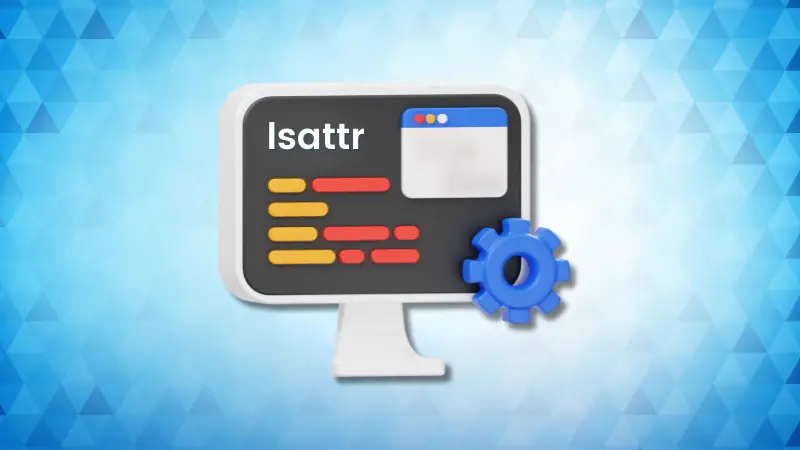
lsattr Command Examples
The lsattr command lists the attributes of a file or directory in Linux.
· Sagar Sharma

w Command Examples
Probably the shortest command in Linux ecosystem, w gives you quick list of logged-in users.
· Sagar Sharma
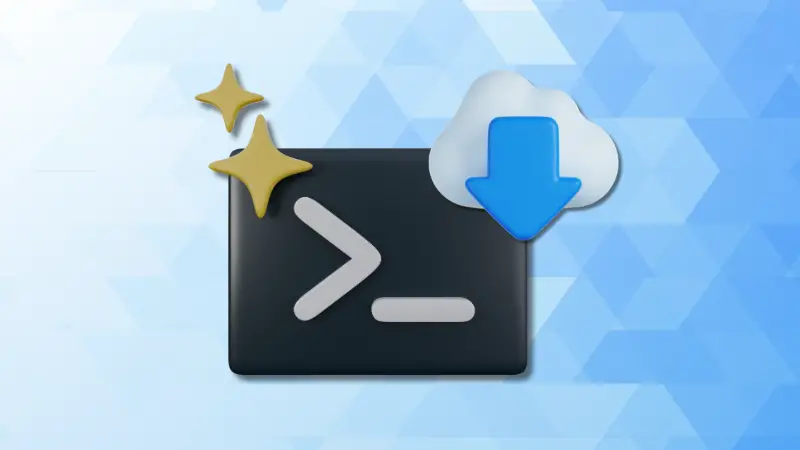
wget Command Examples
The wget command allows you to download files over the internet in the Linux command line.
· Sagar Sharma
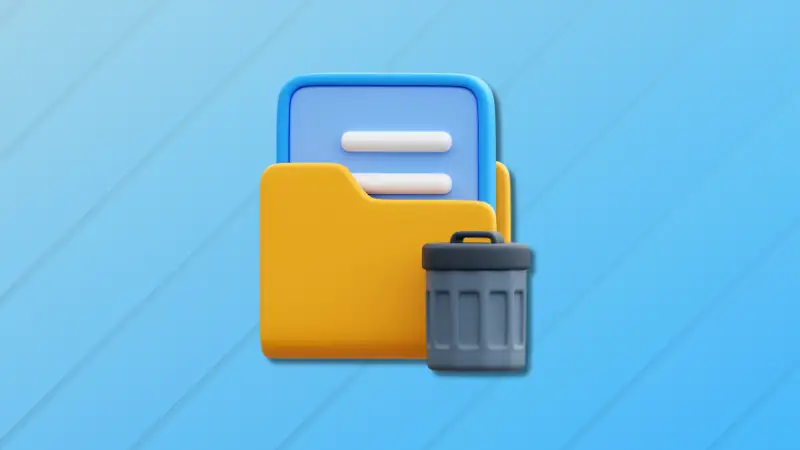
rm Command Examples
The rm command allows you to delete both files and folders. Here's how to use it.
· Sagar Sharma
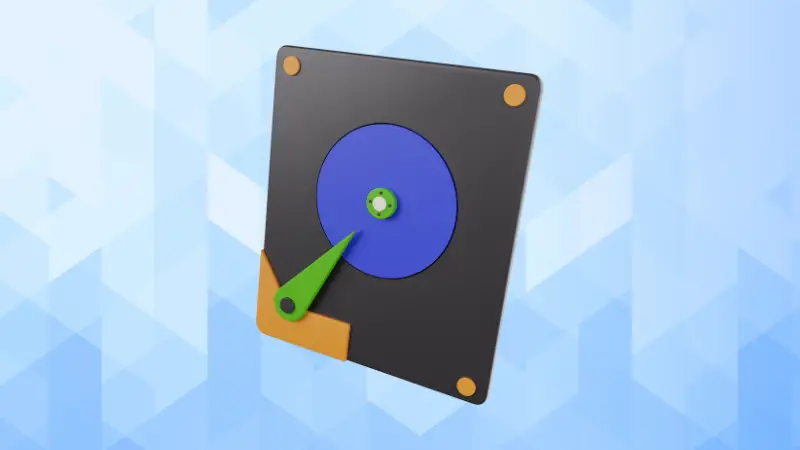
lsblk Command Examples
The lsblk command is helpful for getting information on drives and block devices on your Linux system.
· Sagar Sharma

kill Command Examples
The kill command is used to eliminate a process in the Linux command line.
· Sagar Sharma

Why Learn Linux?
As someone who has been in the IT industry for more than 20 years, I love to answer this question.
· Helder
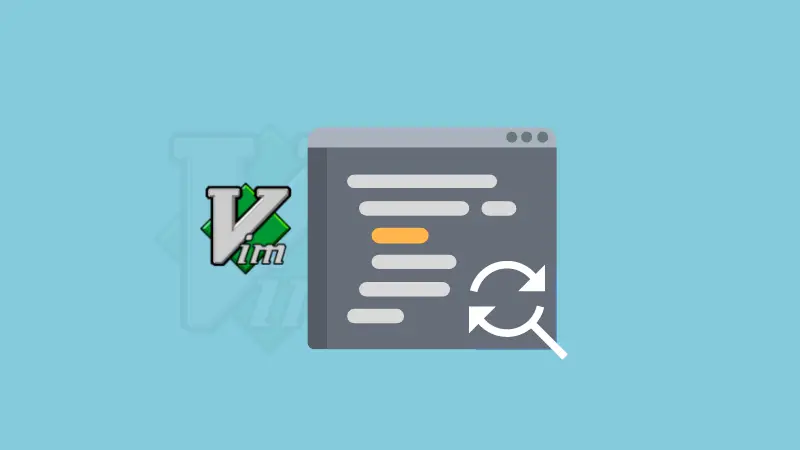
Find and Replace Text in Vim
Here are a few examples to show how you can use the search and replace feature in the powerful Vim editor.
· Abhishek Prakash
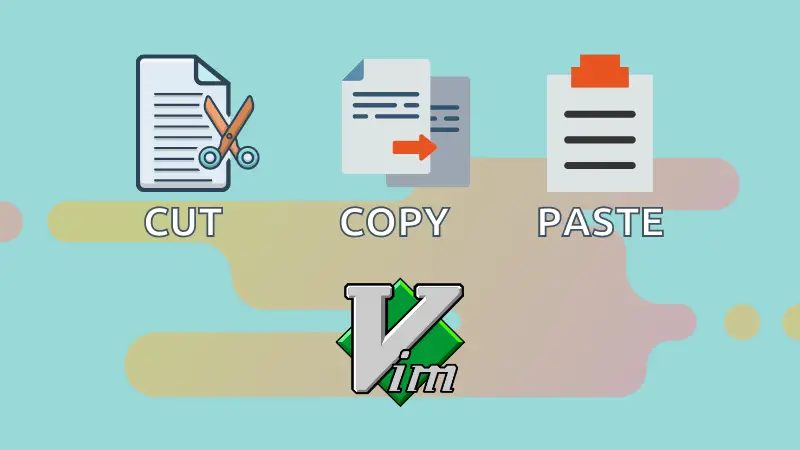
Cut, Copy and Paste in Vim
Cut, copy and paste are essential functions of any text editor. Here's how to achieve that in Vim.
· Abhishek Prakash

Undo or Redo Changes in Vim
u key for undo and Ctrl+r for redo, that's all you need to do for undo and redo changes in Vim. Here's how it works.
· Abhishek Prakash
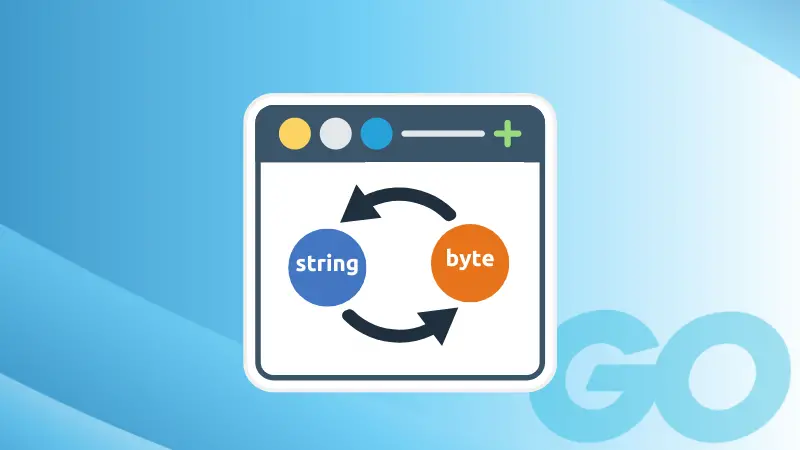
Convert String to Bytes in Go
This simple tutorial shows you two ways of converting a string into bytes in golang with practical but simple examples.
· LHB Community
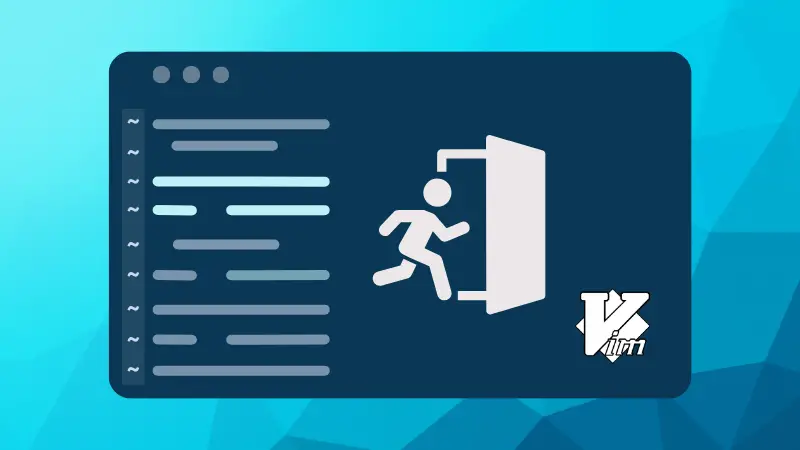
Save and Exit Vim
Learn how to save your changes in Vim. Also learn how to discard the changes and quit Vim.
· Abhishek Prakash
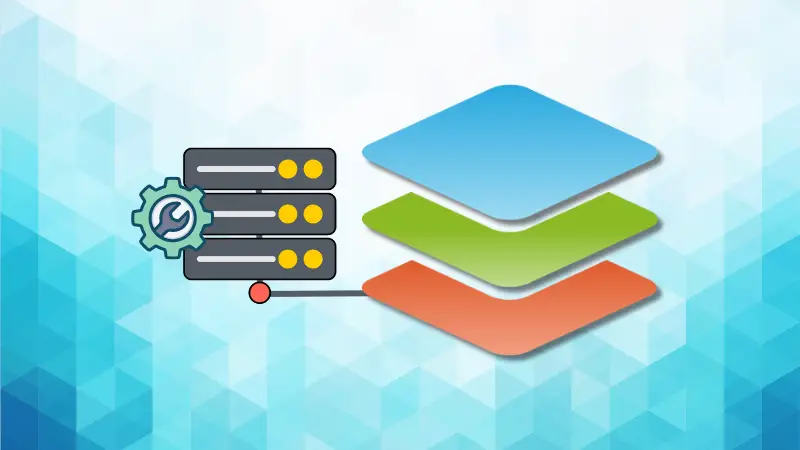
Self-hosting ONLYOFFICE DocSpace with Docker
Let me share how I deployed an instance of ONLYOFFICE DocSpace for document collaboration.
· Pratham Patel
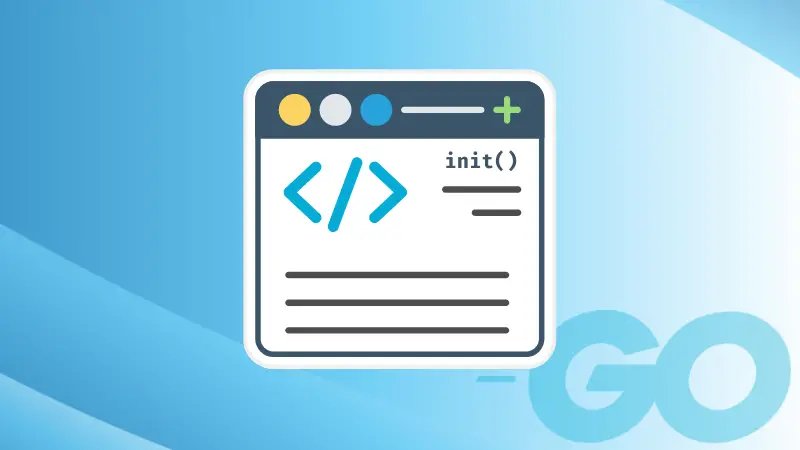
Understanding Init Function in Go With Examples
This tutorial provides an overview of the init functions in Go language.
· LHB Community

Using when Function in Ansible
Here are several practical examples of using the when functionality in Ansible to only run the tasks when certain conditions are matched.
· LHB Community
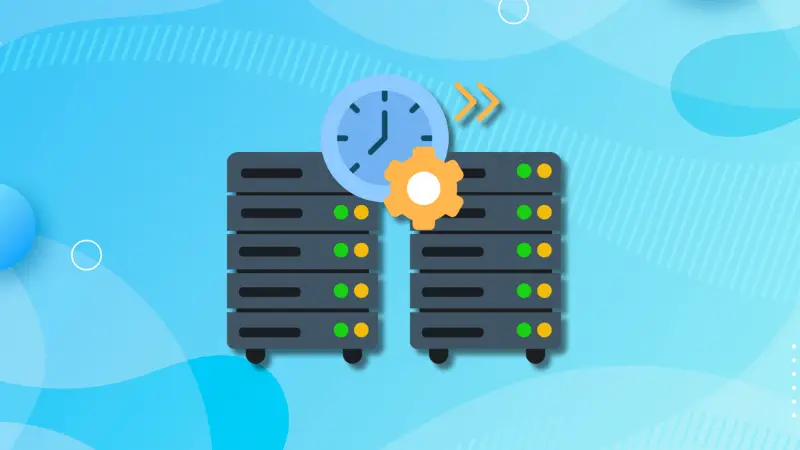
Managing Cron Jobs Across Multiple Servers Using Dkron
A modern, advanced tool to manage cron jobs across a range of servers in your deployment.
· LHB Community
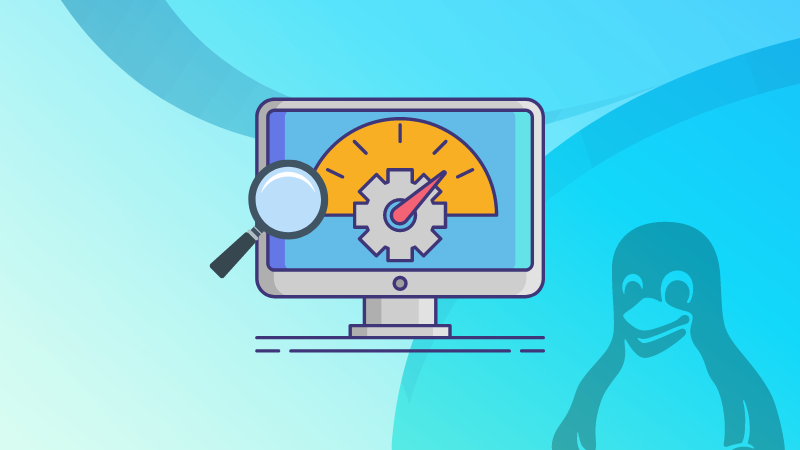
11 System Resource Monitoring Tools for Linux Command Line
Keep a tab on the system resource utilization using one of these command line tools.
· Sagar Sharma

Show Progress of dd Command
This little trick lets you see the file transfer progress with the dd command.
· Abhishek Prakash

Running Tasks on Different Remote Systems Using delegate_to in Ansible
Using delegate_to, you can execute a particular task on a different specific host or group. Learn more about it with these practical examples.
· LHB Community

Get Notified About Linux Server Running Out of Disk Space
Get email alerts before the disk is full to prevent the server from going down due to lack of disk space.
· Abhishek Prakash